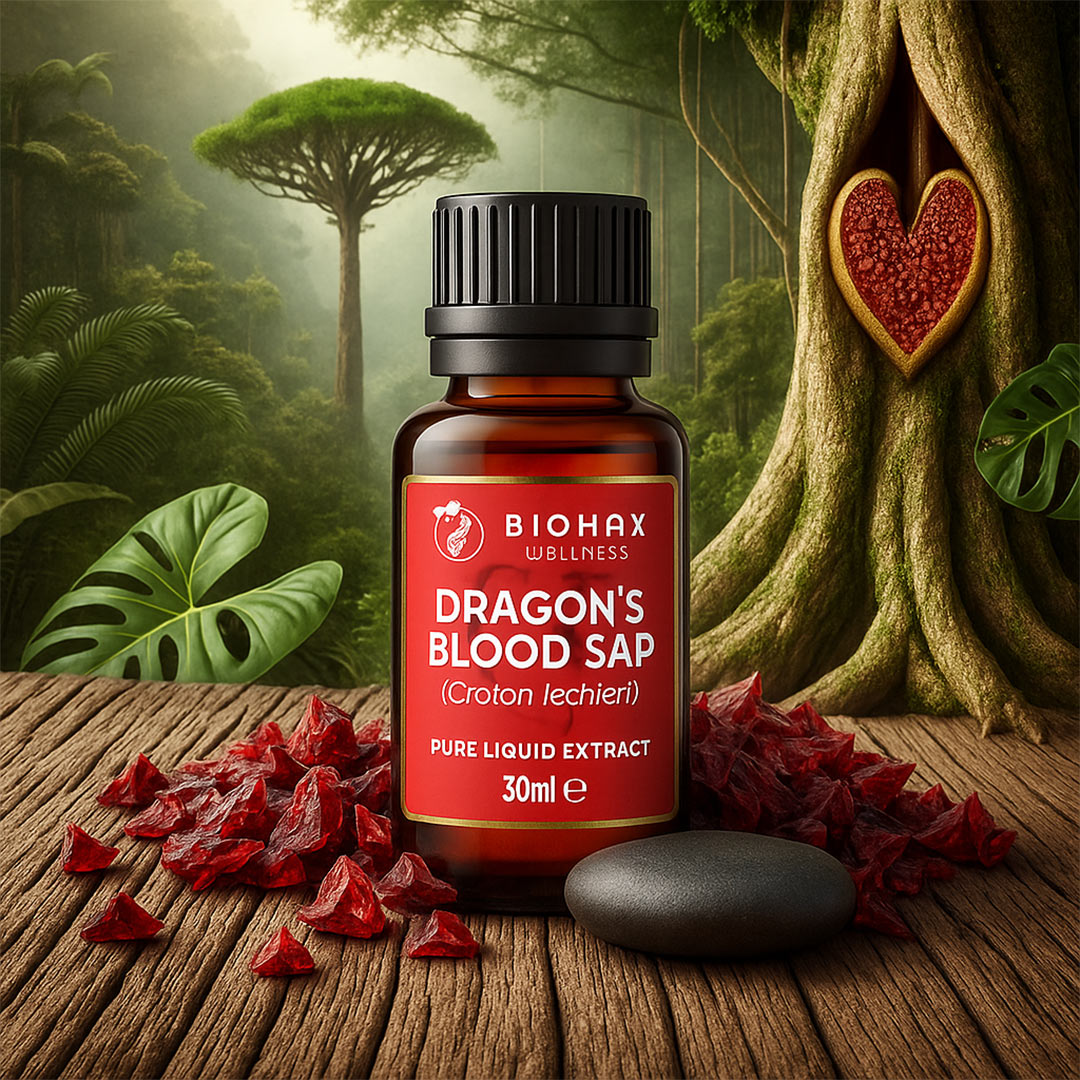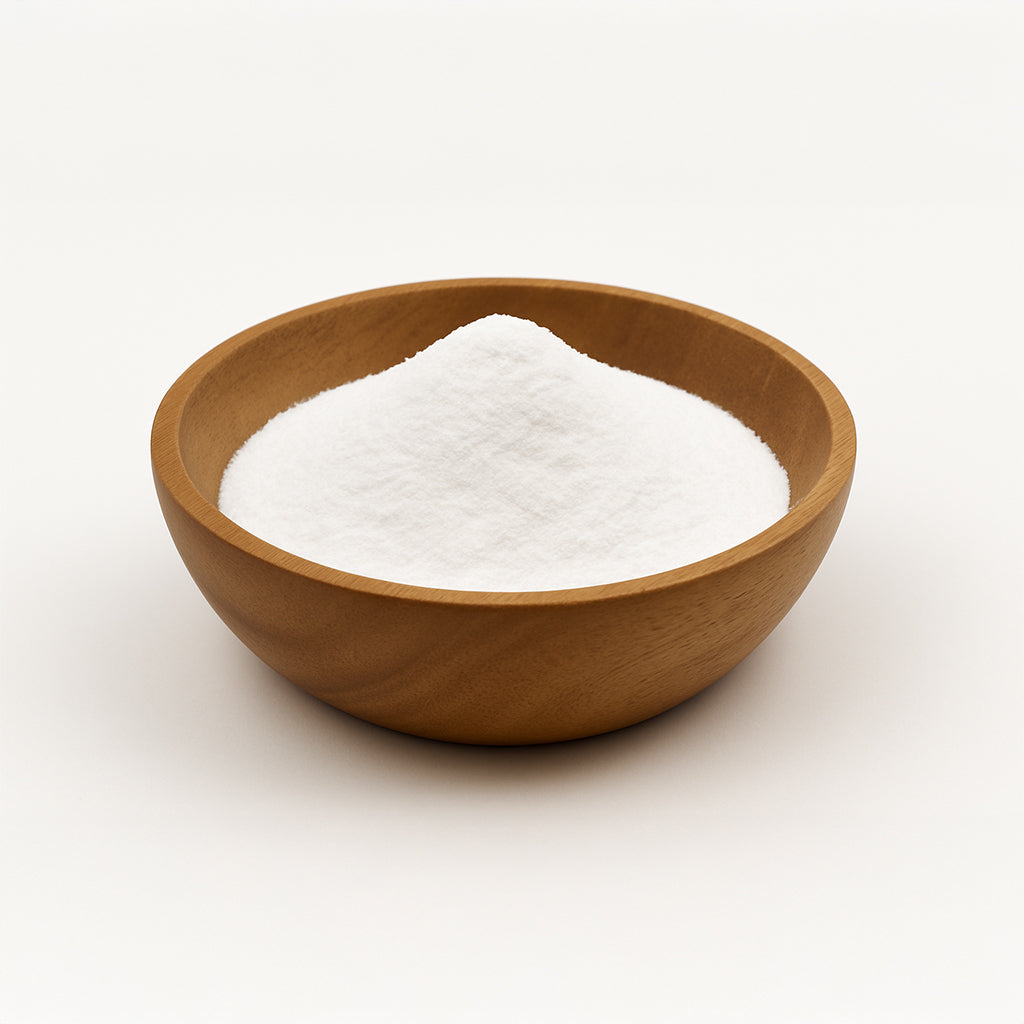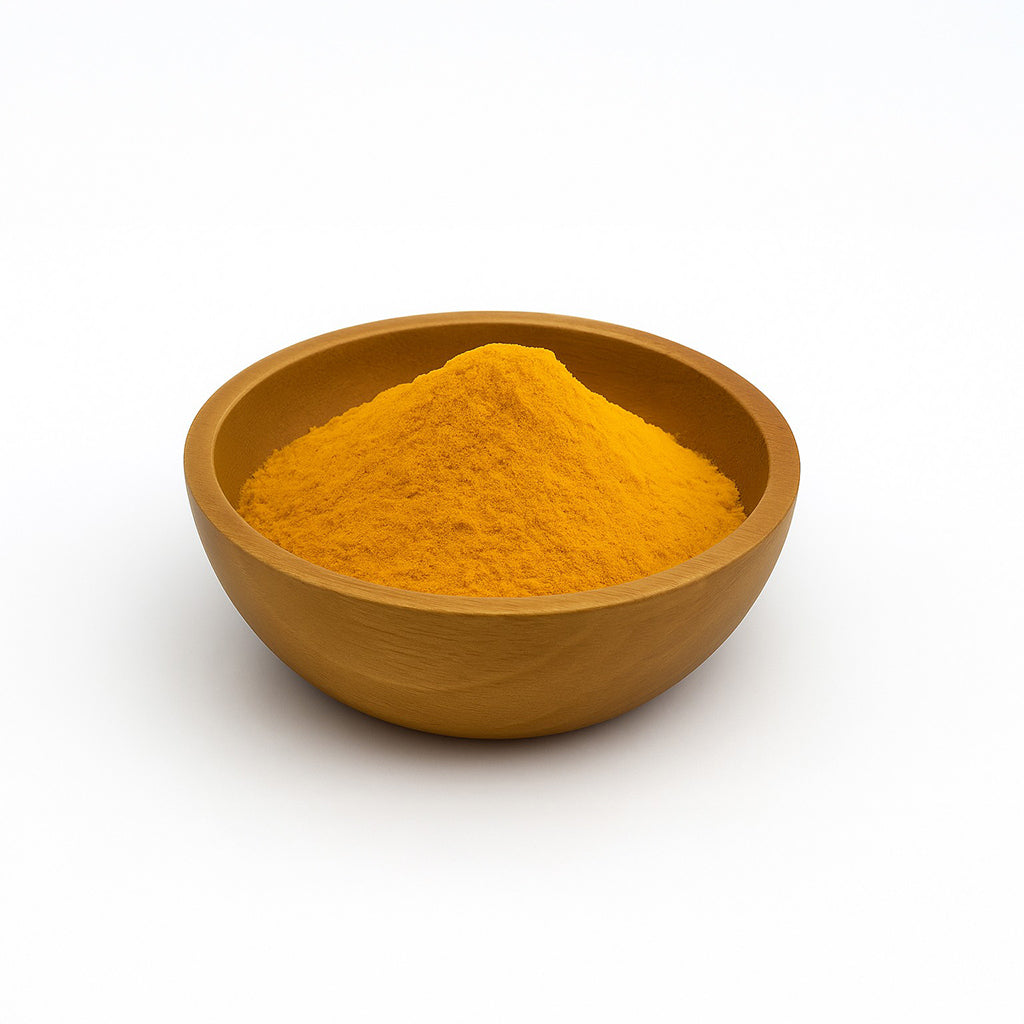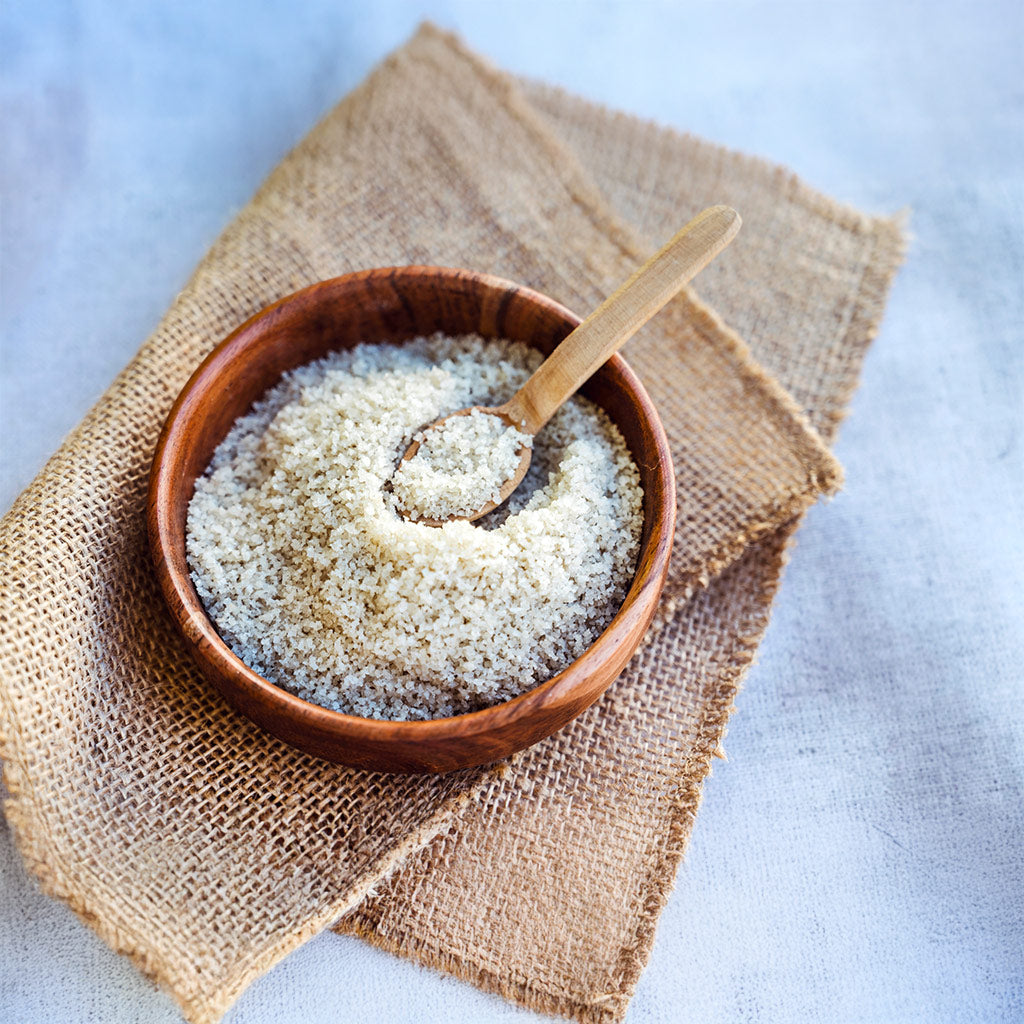Let’s talk about that iced matcha, kombucha-on-the-rocks, or lemon water you’re sipping like it’s virtuous hydration. Because according to Traditional Chinese Medicine (and increasingly, functional medicine), cold drinks don’t cool you down - they shut you down. Metabolically, digestively, energetically.
Here’s the deal: digestion runs on fire
Your gut, in TCM terms, is ruled by the Spleen and Stomach - the metabolic HQ. It takes warmth and energy to break down food, move blood, and send nutrients where they need to go. When you throw ice-cold water into the mix, your digestive fire has to pause, reroute, and waste precious qi (energy) just to bring that chill up to body temp.
Which means:
-
Slower digestion
-
Weaker circulation
-
Bloated, heavy, or foggy aftermath
-
Hormonal disruption (especially in women)
And yes, this has actual research behind it. Studies show cold exposure in the gut can affect motility, enzyme activity, and how the body absorbs nutrients.
→ NIH: Cold-induced gut dysfunction
→ Longevity Wellness Clinic-what are cold foods
The DAMP danger
In TCM, cold isn’t just about temperature, it creates what’s called dampness. Think mucus, sluggish lymph, bloating, candida, acne, cysts, and even fibroids. Cold creates stagnation. Stagnation breeds damp. Damp clogs your internal flow like a bad website on dial-up.
Dampness often settles in the:
-
Stomach (bloating, sluggish digestion)
-
Uterus (cramps, clots, cysts, irregular periods)
-
Lungs (phlegm, sinus congestion)
-
Brain (hello, fog)
It’s why so many hormone, skin, and fatigue issues trace back to this one invisible root.
→ TCMCM World – Understanding the Spleen
For Women, this matters even more
Female bodies rely on smooth blood and energy flow to keep hormones regulated and the reproductive system balanced. Cold constricts. It stagnates. It cools what’s meant to stay warm, and that affects everything from period health to fertility and mood.
So what should you do?
-
Maybe skip the ice (even in summer) and see how your body responds.
-
Sip herbal teas warm or at room temp. Dandelion, ginger, marshmallow root, and red raspberry leaf are excellent for digestion, liver support, and hormone balance.
-
Sip herbal teas warm or at room temp — dandelion, marshmallow root, ginger, and raspberry leaf are all winners for digestion, hormones, and soothing inflamed guts.
→ Shop our Dandelion Root Tea here
→ Shop our Marshmallow Root Tea here -
Focus on warm, cooked meals, especially during your luteal phase or cooler months.
-
Support your liver and spleen to drain dampness
→ Explore candida & liver protocols -
Work with a practitioner trained in TCM or functional medicine
→ Find one in our Wellness Directory
A quick note: we’re not here to tell you what to eat
The point of this article isn’t to fearmonger over frozen smoothies or shame your cold brew habit. It’s to highlight just how much food impacts your body, and to give you the tools to make informed, empowered choices, based on how you actually want to feel.
The human body is smart. Incredibly smart. Symptoms aren’t random, they’re data.
And often, things like fatigue, congestion, bloating, or cysts aren’t just “normal”, they’re your body waving a little flag that something needs to shift.
We’re not here to restrict you. We’re here to educate, so that if and when something feels off… you know what levers to pull.
Final Thought
You don’t have to be into TCM to sense there’s truth in this. Your body isn’t a fridge — it’s a 37°C ecosystem designed to run on warmth, flow, and balance. And sometimes, that iced drink might be doing more than just cooling you down.
This isn’t about restriction, it’s about awareness. When you understand how temperature, digestion, and circulation are connected, you get to make choices that work with your body, not against it.
Disclaimer:
This article is for informational purposes only and is not intended to diagnose, treat, or replace personalised medical advice. Always consult a qualified healthcare practitioner before making changes to your diet, supplement routine, or treatment plan.







